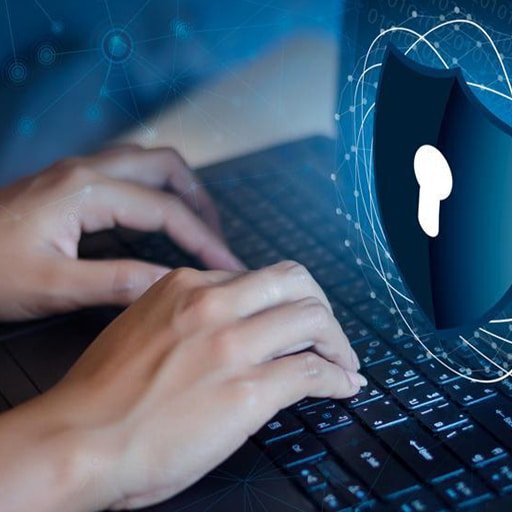Linux is known for its robust security features, but it is not immune to cyber threats. To protect your Linux system from potential attacks, here are some essential security measures you should implement:
1. Keep your system up to date: Regularly update your Linux distribution and installed software to ensure you have the latest security patches. Enable automatic updates or set up a schedule to check for updates frequently.
2. Use strong passwords: Create strong, unique passwords for all user accounts and change them regularly. Avoid using common passwords or easily guessable information like birthdays or names.
3. Disable unnecessary services: Disable any unnecessary services or daemons running on your system. Only enable the services you need, and regularly review and update your firewall rules to allow only essential network traffic.
4. Enable a firewall: Configure a firewall to control incoming and outgoing network traffic. Linux distributions often come with built-in firewall tools like iptables or ufw. Set up rules to allow only necessary connections and block all others.
5. Install and configure antivirus software: Although Linux is less prone to viruses, it’s still a good practice to install antivirus software to scan for malware and other threats. ClamAV is a popular open-source antivirus solution for Linux.
6. Use secure remote access: If you need to access your Linux system remotely, use secure protocols like SSH (Secure Shell) instead of less secure options like Telnet. Disable remote root login and use key-based authentication for SSH.
7. Implement file system permissions: Set appropriate file and directory permissions to restrict access to sensitive files. Regularly review and update permissions to ensure they are correctly configured.
8. Encrypt sensitive data: Use encryption to protect sensitive data, both at rest and in transit. Tools like GnuPG (GPG) can be used to encrypt files and emails, while SSL/TLS certificates can secure network connections.
9. Regularly back up your data: Implement a regular backup strategy to ensure you have copies of your important data. Store backups in a secure location, preferably offsite or in the cloud.
10. Educate yourself and your users: Stay informed about the latest security threats and best practices. Educate yourself and your users about safe browsing habits, phishing attacks, and social engineering techniques.
Remember, security is an ongoing process, and no system is completely immune to cyber threats. By implementing these measures and staying vigilant, you can significantly reduce the risk of your Linux system being compromised.
